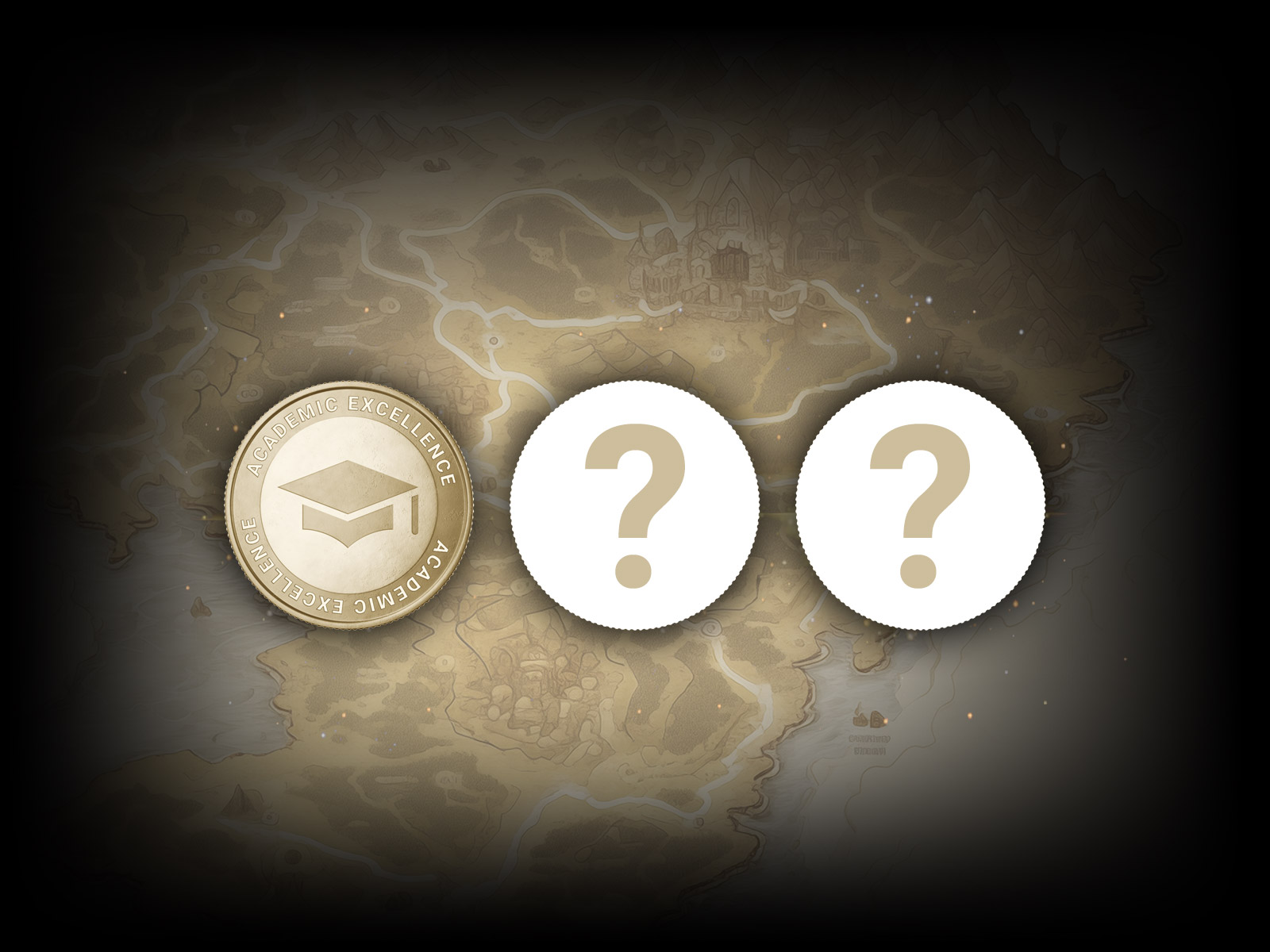News and Media

The Future Of Learning For Your Children by Tony Ryan
Can we advance their education with the use of technology?
In August 2015, Mark Zuckenburg, co-founder and CEO of social networking site Facebook, claimed the company was exploring the use of mental telepathy in social media and education support. By inference, students may eventually access information simply by thinking of what they want to know.
Does this sound a little too far-fetched? Then beware, because this is only a small taste of the astonishing technological advances may soon help children with their learning.
Here are three technological advances I predict will impact on education in the next 15-20 years.
1. Radical Personalisation
One-on-one individualised instruction will be provided for every child. Think of the way that we create a music playlist of our favourite songs. A combination of outstanding teachers and analytical technology will develop a ‘learning playlist’ of experiences that will best advance each child’s learning. Perhaps students could be taught this via one-on-one support by a robot, or a personal floating ‘Siri’ drone.
2. Brain-Computer Interfaces
Smart Caps and other headwear will allow a child to interact with electronic devices, simply by thinking. Today, quadriplegics can move their wheelchairs with their thoughts and gamers can control flying drones by using this advanced headwear. Children may develop music, art and written work just by thinking of what they want to create.
3. Hybrid Teachers
Human teachers will have their classroom capacity augmented with wearable technology that will help them to determine whether a child is grasping their learning. For example, a teacher will wear an optical head-mounted display, similar to ‘Google Glasses’, and be able to see a visual indication that a child has understood a lesson, such as a floating green tick or red cross above a child’s head.
All of these fictional technologies are only one or two steps ahead of what we have today. But, is it good thing? Yes … and no.
Here’s the ‘Yes’:
- When it’s used effectively, technology has been shown to accelerate a child’s learning.
- The future will very likely feature lots of amazing technology, so immersion in it today is a great preparation for all children.
- Many students enjoy the personal control over their learning that they have with their tech tools.
The ‘No’?
If we become too obsessed with this technology, we may find that it begins to alter some essential human experiences, such as play or verbal communication. After all, where is the technological line in the sand with the endless adoption of everything mechanical? Would you consider having a personalised robot teacher for your child?
There are merits to the massive implementation of robots, yet the concept of ‘robot-phobia’ is now being debated worldwide. While robots could do our household chores, they may also replace jobs that our children would do in the future. How can we possibly prepare children for this eventuality?
Firstly, help your children to be obsessive learners. In their adult years, the ability to learn and adjust to rapidly changing circumstances will allow them to create new opportunities, as needed. Secondly, encourage children to be highly empathic with other people. Robots are not (yet) empathetic, and much of the growth in employment in the next two decades will be in work that requires strong empathy with other human beings.

An educational consultant and writer, Tony Ryan is a presenter, facilitator and guest speaker for Queensland Education Leadership Institute (QELi), regularly supporting education leaders around the country.
He has worked with over 800 schools in eight countries on issues such as innovative thinking, futureproofing of schools, and effective classroom practice. He has presented over 1,500 keynotes and workshops at state, national and world conferences in the past fifteen years.
Tony is the author of eight books and manuals on innovative thinking and lifelong learning, including The Ripple Effect and Thinkers Keys.
He is presently an Australian ambassador for a non-profit organisation called School Aid, which supports disadvantaged children throughout the world.

